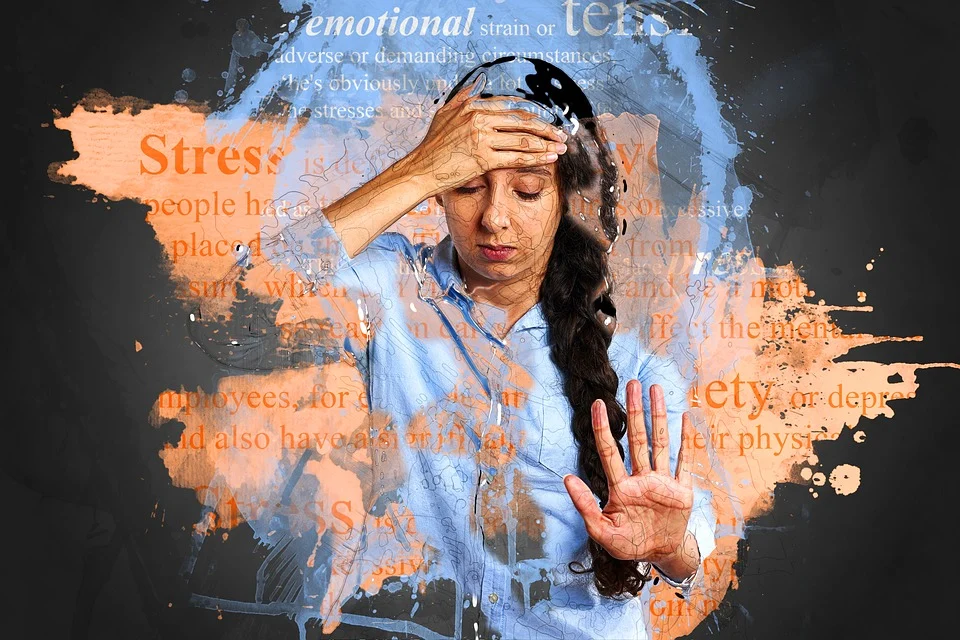Anxiety is one of the most common mental health issues that occurs in people. It’s how the body reacts to stressful situations, and in our busy lives, this can be a regular occurrence. While normal in small quantities, severe anxiety can negatively impact your life going forward. Left untreated, it’s possible to start experiencing physical symptoms that can leave you either physical sick or have potential long-term damage. Here’s what you need to know about the symptoms.
What Can Be the Trigger?
Anxiety can present itself in many different ways. People themselves are different from one another, so something that causes anxiety for you may not apply to another person. Anxiety is typically a response to something that causes a slight fear. This can range from worrying about not meeting a certain deadline on time to an actual phobia. Here’s a brief list of potential anxiety triggers:
- Agoraphobia, which is a fear of large crowds
- Acrophobia, which is a fear of heights
- Obsessive-compulsive disorder
- Post-traumatic stress disorder
- Selective mutism
- Panic disorders
We need to point out that anxiety is something that affects people of all ages. It doesn’t just affect adults. It can affect children and adolescents as well. A great example is separation anxiety. Some children can become very stressed and upset when separated from their parents for too long. Teenagers, on the other hand, can have anxiety as a result of peer pressure.
Symptoms
Now that you understand anxiety better, let’s get into the symptoms that can come along with it. The symptoms can be much more than simply having an overwhelming sense of paranoia. Below are the symptoms you may experience when you’re anxious.
Restlessness
Restlessness is one of the more common symptoms anxiety can cause. It’s when someone is unable to relax and concentrate. You may find yourself constantly switching sides as you’re lying down or pacing back and forth for long periods of time.
Nausea
Nausea is another common symptom brought on by anxiety. When someone is anxiety-ridden, it can cause their body to initiate a fight-or-flight response. This happens when the brain sends out signals throughout the body. In some cases, these signals may get sent to a person’s digestive tract, which can cause your stomach, which causes intestinal upset.
Conclusion
There are many ways to treat the symptoms brought on from anxiety. We all know about yoga and meditation. Additionally, diet and exercise are an oft touted treatment for easing our stress. However, prescribing propranolol can be another tool in treating anxiety. Utilizing propranolol aids performance anxiety as it can ease shaking hands and a racing heart. This could be useful if you are giving an important presentation, or simply a fearful flyer on a long haul flight. It is important that you only take this at the recommendation of a certified medical professional.
